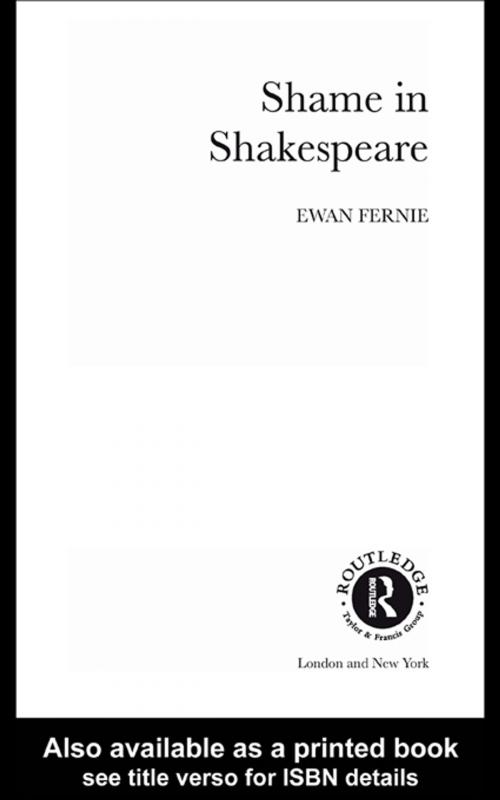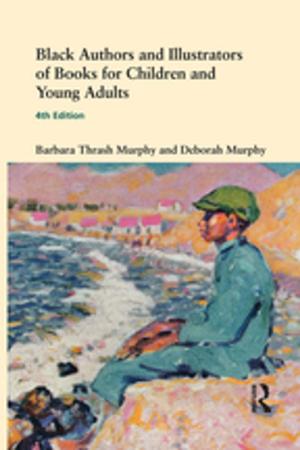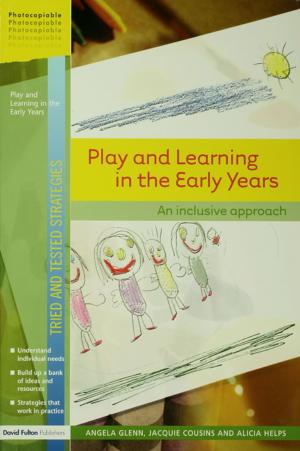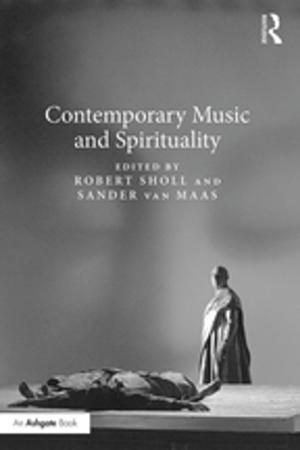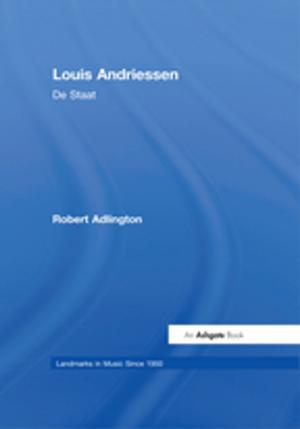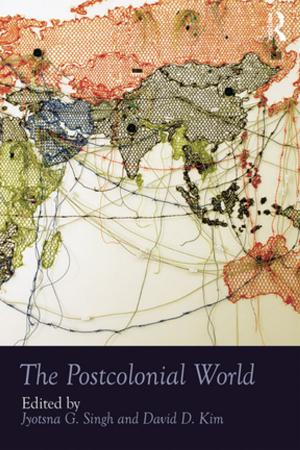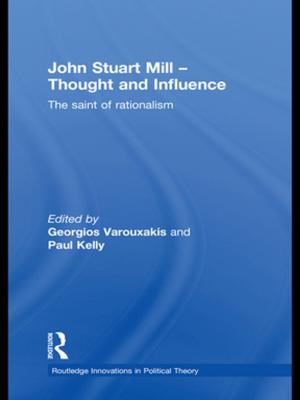| Author: | Ewan Fernie | ISBN: | 9781134514601 |
| Publisher: | Taylor and Francis | Publication: | September 10, 2012 |
| Imprint: | Routledge | Language: | English |
| Author: | Ewan Fernie |
| ISBN: | 9781134514601 |
| Publisher: | Taylor and Francis |
| Publication: | September 10, 2012 |
| Imprint: | Routledge |
| Language: | English |
One of the most intense and painful of our human passions, shame is typically seen in contemporary culture as a disability or a disease to be cured. Shakespeare's ultimately positive portrayal of the emotion challenges this view. Drawing on philosophers and theorists of shame, Shame in Shakespeare analyses the shame and humiliation suffered by the tragic hero, providing not only a new approach to Shakespeare but a committed and provocative argument for reclaiming shame.
The volume provides:
· an account of previous traditions of shame and of the Renaissance context
· a thematic map of the rich manifestations of both masculine and feminine shame in Shakespeare
· detailed readings of Hamlet, Othello, and King Lear
· an analysis of the limitations of Roman shame in Antony and Cleopatra and Coriolanus
· a polemical discussion of the fortunes of shame in modern literature after Shakespeare.
The book presents a Shakespearean vision of shame as the way to the world outside the self. It establishes the continued vitality and relevance of Shakespeare and offers a fresh and exciting way of seeing his tragedies.
One of the most intense and painful of our human passions, shame is typically seen in contemporary culture as a disability or a disease to be cured. Shakespeare's ultimately positive portrayal of the emotion challenges this view. Drawing on philosophers and theorists of shame, Shame in Shakespeare analyses the shame and humiliation suffered by the tragic hero, providing not only a new approach to Shakespeare but a committed and provocative argument for reclaiming shame.
The volume provides:
· an account of previous traditions of shame and of the Renaissance context
· a thematic map of the rich manifestations of both masculine and feminine shame in Shakespeare
· detailed readings of Hamlet, Othello, and King Lear
· an analysis of the limitations of Roman shame in Antony and Cleopatra and Coriolanus
· a polemical discussion of the fortunes of shame in modern literature after Shakespeare.
The book presents a Shakespearean vision of shame as the way to the world outside the self. It establishes the continued vitality and relevance of Shakespeare and offers a fresh and exciting way of seeing his tragedies.
